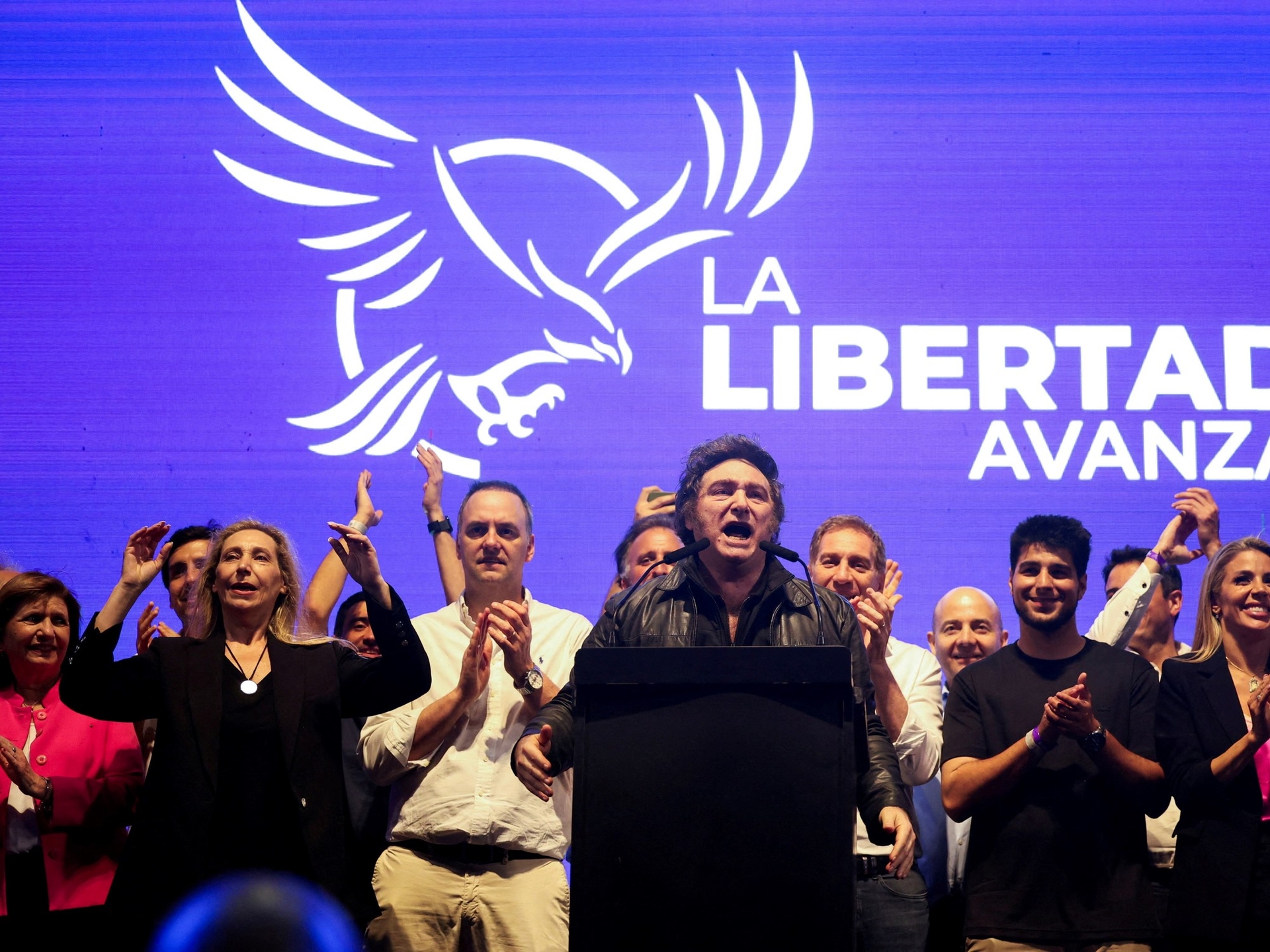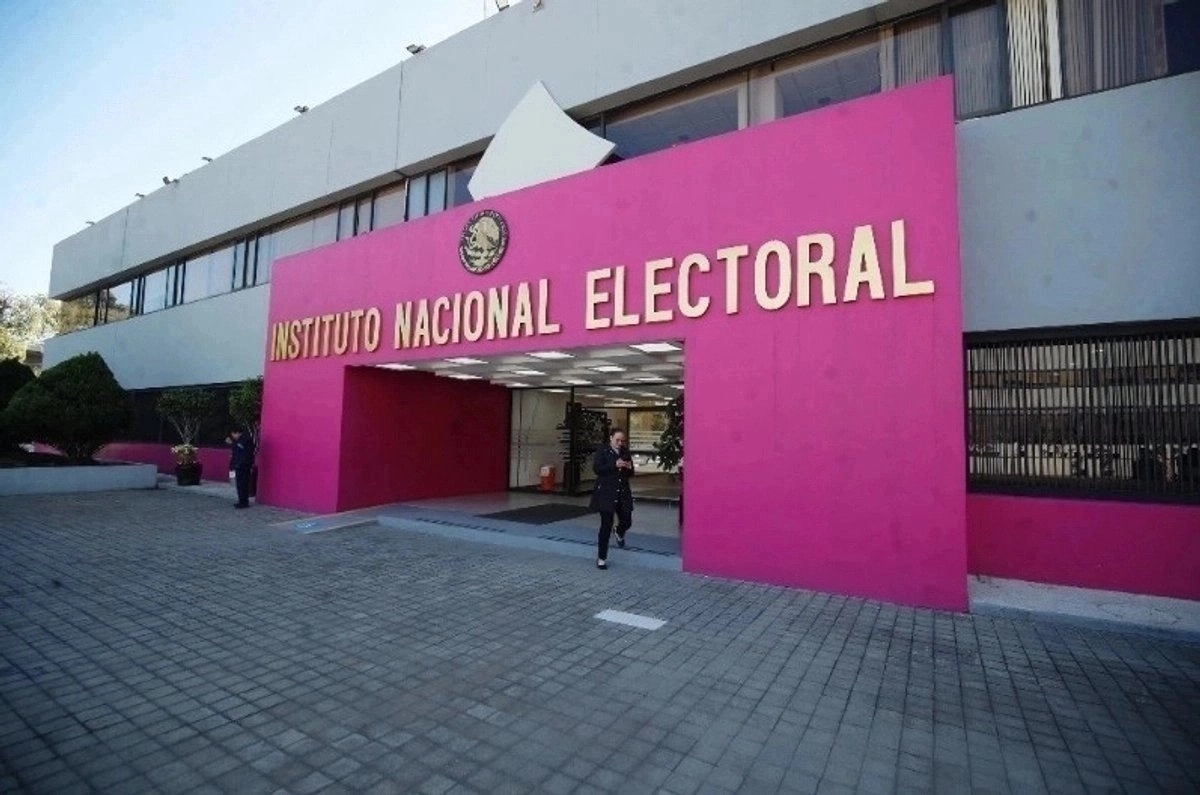Budget: The first test Javier Milei will face in Congress after the elections.

The first test President Javier Milei will face in Congress after this Sunday's elections is the approval of the 2026 Budget. The ruling party is oscillating between intransigence and negotiation, according to the emissary, while the opposition is steadfast in its demand for the three laws ratified by Parliament that the Executive Branch has suspended and is pushing for a ruling in the first week of November.
Last year, after weeks of discussion, the government refused to budge, and José Luis Espert—who chaired the committee at the time—suspended the meetings. Days later, the executive branch extended the budget by decree.
To prevent this from happening again, in an unprecedented move, the opposition has put a debate schedule for the 2026 Budget to a vote, requiring the bill to be signed by November 4. But the ruling party itself wants to delay those deadlines so the bill can be voted on by the new legislators —who take office on December 10—amid increased power for La Libertad Avanza in both chambers .
The truth is that there are many contacts and little progress so far. The main issue is how much the government is willing to give . The answer varies depending on the person on the other end of the conversation.
Martín Menem , whose continued leadership of the Chamber of Deputies is at stake, wanted to take the lead in negotiations with the blocs. Last week, he convened the main party leaders (excluding Peronism and the left) to a meeting with Finance Secretary Carlos Guberman, Deputy Chief of Staff José Rolandi, and Commission Chairman Bertie Benegas Lynch. They announced themselves as the " Zinc Square."
But the meeting was short-lived because both Miguel Pichetto's Encuentro Federal and Pablo Juliano's Democracia para Siempre made it clear that their main focus is for the Executive branch to regulate and implement the three laws vetoed by Milei and insisted upon by Congress: Garrahan, Emergency Disability Law, and University Financing.
Given the refusal, there wasn't much further to discuss. Although days later, Menem's entourage let it be known that they welcomed the fact that the opposition "is discussing within the parameters of the fiscal and financial surplus that ensures commitments are honored." "Within that framework, anything not indexed by preexisting laws can be discussed," they stated.
The first to insist on the issue and call for a change in the government's position was the government's main ally: Mauricio Macri.
The PRO leader tweeted a few days ago: "It is a basic requirement to build a new majority, which will inevitably not be made up only of members of the same party, but also of other legislators from across the country who will contribute their vision ." To that end, we must set concrete and immediate goals that will guide the agreements. Let's start with the most important thing: the Budget Law. We need to enact a budget approved by this new majority . Committed to rigorously maintaining fiscal balance, we must at the same time align the priorities agreed upon by all."
The presidential advisor now being considered for minister, Santiago Caputo, reposted that message, adding: "We agree, President Macri. Argentina needs a new reformist majority to push through Congress for the fundamental changes that President Milei is spearheading ."
In recent weeks, Caputo has also been involved in Congress: in addition to the meeting he coordinated between bloc leaders and American consultant Barry Bennett, he has had direct contact with governors and entire non-K-party opposition factions . "He's moving like someone preparing to take office," said one legislator.
The Federal Meeting proposes a budget proposal that includes the three suspended laws and maintains the fiscal surplus, albeit at a lower percentage than the Executive Branch had anticipated.
The ruling party's text outlines a surplus of 1.5 percentage points of GDP. The Encuentro party is planning a surplus of 0.9%. The difference (0.6% of GDP) is, they claim, the cost of implementing the Garrahan, University, and Disability Laws.
The failure to enforce the laws opened a power struggle between the executive and legislative branches, and most legislators believe the Supreme Court, as the highest body of the judiciary, will ultimately resolve the issue. Currently, Chief of Staff Guillermo Francos has filed a criminal complaint on the issue, while organizations have already filed injunctions.
Clarin





